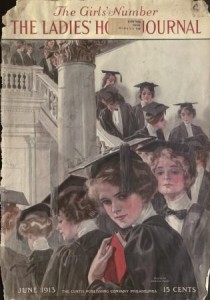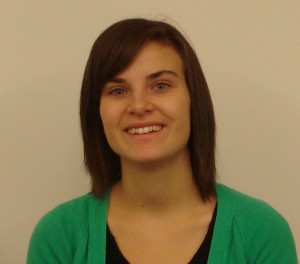The editorial board of “Analize – Journal of Gender and Feminist Studies”
is pleased to welcome submissions for the 2013 issue of the journal.
Motivation
After decades of conceptualization and refinements, reflection on gender
deserves “a place of its own” wherefrom it can be critically explored,
assessed and creatively developed further. In Romania, but also in the SEE
and CEE Region, such an editorial space is still limited although there is
an increasing mass of gender experts and scholars in need for dialogue,
for enlarging their possibilities to share ideas, findings, doubts,
dilemmas and directions of research in the field of gender and feminist
studies.
About the Journal
“Analize – Journal of Gender and Feminist Studies”
(http://www.analize-journal.ro/) is an on-line, open access, peer-reviewed
international journal that aims to bring into the public arena new ideas
and findings in the field of gender and feminist studies and to contribute
to the gendering of the social, economic, cultural and political
discourses and practices about today’s local, national, regional and
international realities.
Edited by The Romanian Society for Feminist Analyses
AnA, the journal intends to open
conversations among eastern and non-eastern feminist researchers on the
situated nature of their feminism(s) and to encourage creative and
critical feminist debates across multiple axes of signification such as
gender, sexual orientation, age, disability, ethnicity, religion, etc.
The journal publishes studies, position papers, case studies, viewpoints,
book reviews from practitioners of all grades and professions, academics
and other specialists on the broad spectrum of gender and feminist
studies.
Regarding submissions, papers that fall outside the issue’s main topic
launched for each number are also to be accepted. In addition to a
thematic issue the journal also includes a “Lab” of ideas, images, tools
for investigating the gendered world, a storytelling section (AnAStories)
for sharing lived experiences and life (his/her)stories together with
“News” and a “Press review”.
CALL FOR PAPERS
The topic for the upcoming issue is: What kind of feminism(s) for today?
We invite authors, scholars and researchers to critically reflect on forms
of feminism(s) in practice today and how/if they serve the interests of
women in the 21st century.
Feminist thought and movements, as we have come to know them, are going
through permanent metamorphoses, adapting to the times. Like all
traditions, the feminist ones also change over time responding to various
criticisms. Feminism was “accused”, among other things, for being rooted
in western terminology, hard to adapt to other cultures, adopting an “us
against the world” identity politics, being sometimes “more” an academic
than a social justice tradition, excluding more than including lives and
contributions of “others”- women and men alike, etc.
How feminism(s) reacted to such critiques? Which are the ways feminism
adapted to the new social, economic and techno-cultural environment of the
21 century? What is nowadays the relation between the academic and
activist feminism? What kind of feminist movement is most efficient today
in the technologized and virtual society we live in? Is gender
mainstreaming or the intersectionality paradigm the “inclusion solution”?
Is the ontological turn of feminist thought (human/non-human embodiment,
post-humanities, biopolitics, material feminism, etc.) a way out from
certain research pitfalls? How are we to assess the postmodern proposals
to “undo gender”? What approaches to gender are better from a
methodological and practical perspective? What/how feminism(s) should be
delivered in academia – what is more needed: Women’s Studies, Gender
Studies and Feminist Studies? What type of relationship exists between
gender and feminist studies? Do we speak of (strategic) cooperation,
latent tension or something else? Is feminism requiring a particular
political commitment?
Information for Authors
1. The manuscript should be original and has not been published
previously. Do not submit material that is currently being considered by
another journal.
Submitted manuscripts should be written in academic English of
international standard in order to be considered for review.
2. Manuscripts may be of 3000-10000 words or longer if approved by the
editor. They must include abstract (maximum 300 words), summary in English
(maximum 500 words), keywords (maximum 5) and the author’s short biography
and current affiliation.
3. The manuscript should be in MS Word format, submitted as an email
attachment to our email address. The document must be set at the A4 paper
size standard. The document (including the notes and bibliography) will be
1.5-spaced with 2.5 cm margins on all sides. A 12-point standard font such
as Times New Roman should be used for all text, including headings, notes
and bibliography.
Submissions should conform to the notes and bibliography version of The
Chicago Manual of Style.
4. The journal is committed to a double blind reviewing policy according
to which the identity of both the reviewer and author is always unknown
for both parties.
Manuscripts should be sent to:
contact@analize-journal.ro<mailto:contact@analize-journal.ro>
<mailto:Safana.ro@gmail.com>
Submission deadline is 08.03.2013



